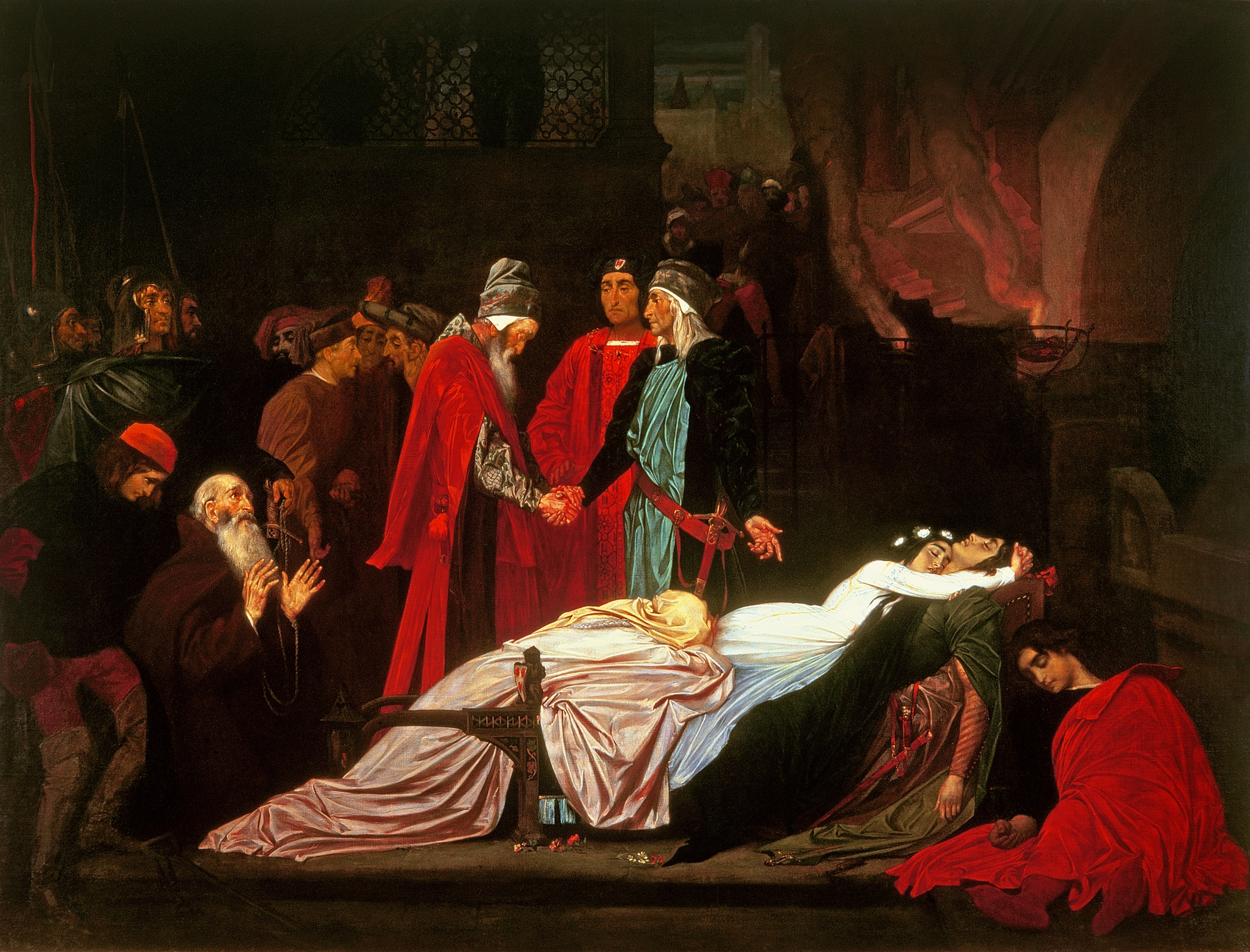Right after arriving at the Ironwood Grove Forest Hermitage in the rural Kurunegara of Sri Lanka, (Na Uyana), I spent two months as an Anagarika, preparing to become a Novice Monk. We were six people who aspired to become monks: three Sri Lankans Chandima, Susantha and another, whose name I have forgotten, and Luiz from Brazil, then two Africans: a White South African, and me, from Rwanda.
The team of six that we formed worked together in harmony, blending like milk and water: we peeled the fruits for about 125 monks, we prepared hot water for washing the monks’ alms bowls, and we cleaned the big hall in which monks took their single, daily meal. Then we had to put out all the trash and clean the toilets.
In between, we could rest or meditate, and there was a compulsory evening chanting of some specific sūttas in Pāli. At the same time, we were being taught what it is to go from home into homelessness, which is another term for becoming a monk.
The basic idea of going forth, from home into homelessness (pabbāja), is to renounce all worldly attachments that hinder true spiritual progress. These attachments include family bonds, friendships, possessions and most importantly, fixed views.
The Second Noble Truth states that attachments, hatred and delusion are the root causes of Suffering, the First Noble Truth, and the Third Noble Truth, the Goal(Nirvana, the State of the most Sublime, unshakablePeace) is a result of abandoning the root causes through walking the Path, the Noble Eightfold Path, the Fourth Noble Truth.
Then we became Novice Monks, samaneras. The South African was given a name meaning "the taste of awakening," Luiz became Lokavijaya (the Knower of the realms of existence), Susantha became Dhammacetiya (a Monument of Dharma) I became Sangharakkhita (the protector of the Noble Ones, i.e. the Sangha). One year later, Lokavijaya disrobed and returned to Brazil.
Right after our novice ordination, I requested the Na Uyana Abbot, Venerable Ariyananda Mahathero, to let me go in the middle monastery, which is the most secluded area of the Hermitage, and I did not request for a monk’s hut (kuti) to stay in, because I felt now that I was officially homeless.
I could now practice like I have always aspired to: sit and meditate, then take very long walks in the huge forest, walking mindfully, like Peace Pilgrim. Peace Pilgrim was an American lady, who felt called in 1953 to dedicate her life to peace. (Called by who? You may find online how she described God. To me it is another version of the Co-dependent Origination patticasamupadda.) She had vowed to walk until given shelter, and fast until given food. She had vowed to walk until the world knows the Path of Peace. She would walk prayerfully and would not accept money or gifts as donation, and she talked with many people.
She is one of the three women who inspired me: my mother Martha, Mother Teresa of Calcutta who heard a Calling and responded, and Peace Pilgrim. Just as Mother Teresa, I do not doubt that I have heard a calling to find and teach the Path of Peace, after crossing the hell of war.
In the middle monastery, I could finish with my daily chore as soon as possible, which was sometimes cleaning the toilets or sweeping the path towards the Chetiya and the Bodhi tree. I ate once a day, and walked and meditated. The only time I met other monks was at the time of the meal, which was always taken in silence, and at the evening chanting and when I met the teacher twice a week for meditation instructions (kammattana) I had a sleeping bag and a yoga mat, which I used to sleep, oftentimes in the meditation hall.
Several times, I slept in a cave or in the open thick forest, in order to have a taste of how the Buddha and the monks who were with Him lived.
In this life, I had tasted homelessness when I was a thirteen: I had to flee, right after the outbreak of killings in my country. For three fateful months as the genocide was happening, I walked long distances, often at night, in order to escape death. Homelessness was not terrible; death was. When death is the matter, nothing else matters. The idea of the home comfort is promptly replaced by a heightened sense of urgency and keen alertness. By and by, I could die any moment, and I did not have any generous supporter to provide me with the monks’ four requisites.
Now I am homeless again, but I have become so by a deliberate volition. I am safe and not worried that I will starve or be killed, although life and karma in general are quite unpredictable. I am only looking for a way to relocateand be able to do my job unhindered. And what is my job? Just like Peace Pilgrim, walk as homeless mendicant monk, mindfully, living and teaching the Art of Peace, following the Call, as Khalil Gibran once poetically expressed it with these beautiful words:
The sea that calls all things unto her has calls me, and I must embark, for to stay, though the hours burn in the night, is to freeze and crystallize and be bound into a mould….
…and you, vast seasleeping mother, who alone is peace and freedom to the river and the stream, only another winding will this stream make, only another murmur in this glade, and then I shall come to you, a boundless drop into a boundless ocean.
I sometimes fancy myself doing the opposite of Sun Tzu, the author of the Art of War. I see myself as a drop of Dhamma, walking from sea to sea, from Cape to Cairo through Khartoum and Cotonou, through Timbuktu desert and war-torn South-Sudan and Central African Republic on feet, in robes, sharing the Shadow Work, preaching the Noble Dharma to prisoners, priests and prostitutes, to the upright and to the corrupt, leading retreats, teaching yoga and Tai chi to children, talking with curious folks, and to all those with little dust in the eye.
All I plan to have as possession is a sleeping bag, a tent, my robes, a yoga mat, my begging bowl, an electronic device to share Dharma books. Then, have just one mindfulness centre in Rwanda.
I was to begin that lifetime pilgrimage in Uganda, at the Uganda Buddhist Centre. But the winds of destiny pushed me away from there unexpectedly. I had to leave that place, which had become a second home. I flew to Sri Lanka to join again my Sangha.
Once in Sri Lanka, I planned to officially begin my pilgrimage, from Kurunegala to Jaffna through Colombo on foot, in order to teach Minding Shadows to the Tamil community, who are still traumatized from the 2009 war and destruction, ushered to them by a “Buddhist Government.”
When I made these plans, I did not know that the rules for obtaining a residence visa had changed. Yet, the immigration website did not make the updates. So when I went to apply for a renewed residence, it was too late, and I had to leave Sri Lanka, my spiritual homeland, and go back to Kenya, Africa, where I am right now striving to get a visa to Vienna. The two unexpected circumstances where I had to leave my temporary homes were sharp reminders that indeed, I am a homeless monk, and happy, and this unplanned zigzag itself is a part of thepilgrimage. There is nowhere to hang my hat.
“We, wanderers, ever seeking the lonelier way, begin no day where we have ended another day, and no sunrise finds us where the sunset left us. Even when the earth sleeps, we travel. We are the seeds of the tenacious plant, and it is in our ripeness and our fullness of heart that we are given to the wind and scattered.













